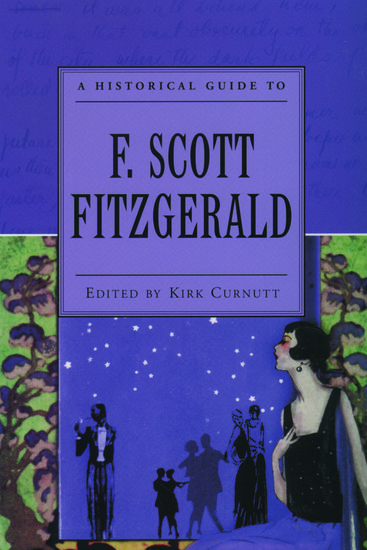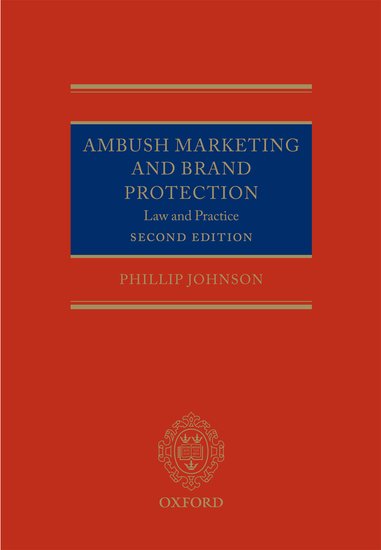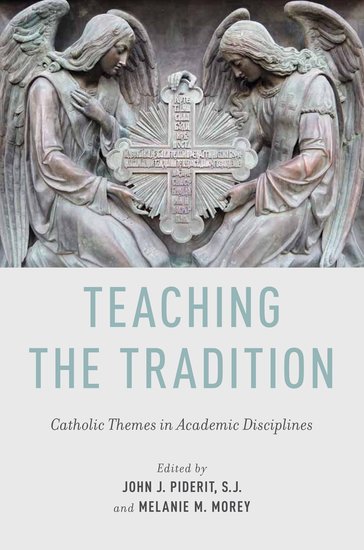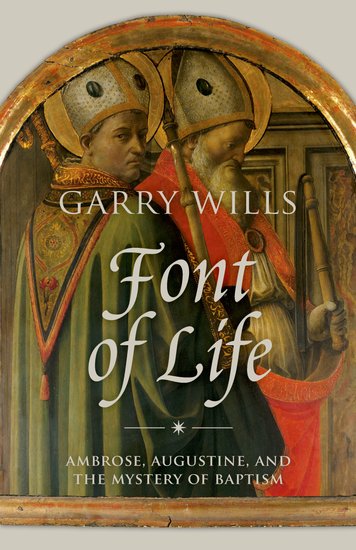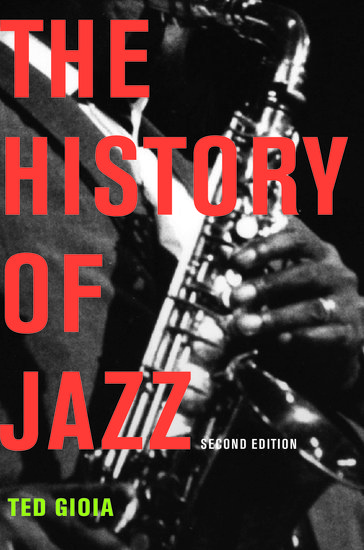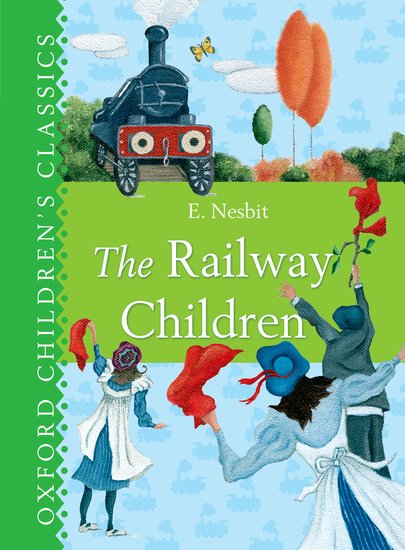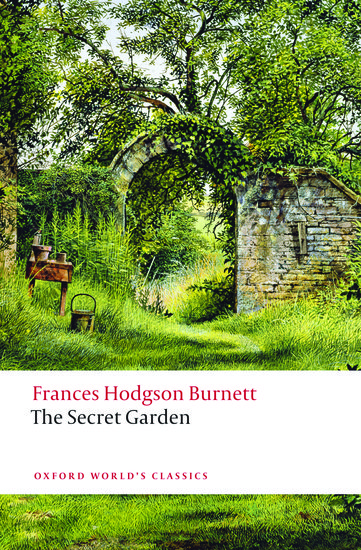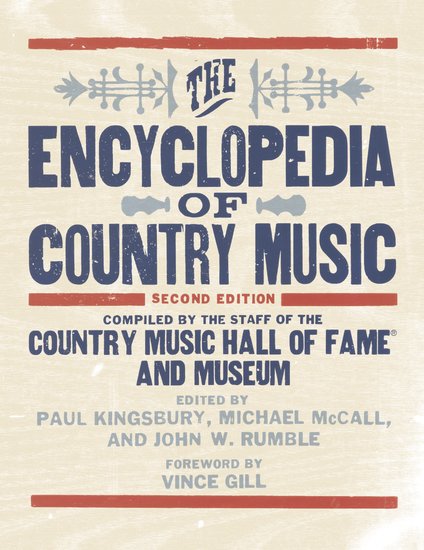The Love Songs of F. Scott Fitzgerald
By Kirk Curnutt
According to literary legend, the author of The Great Gatsby sold his soul. Perpetually cash-strapped, F. Scott Fitzgerald spent much of his twenty-year career cranking out popular fiction for the Saturday Evening Post and other high-paying “slicks.” While Edith Wharton, Willa Cather, and William Faulkner racked up double digits in the novels column, Fitzgerald completed a paltry four and a half, with only one of them (Gatsby, of course) truly great. By contrast, he produced 160 short stories, earning a total of $241,453 off the genre – more than $3 million in today’s dollars.

